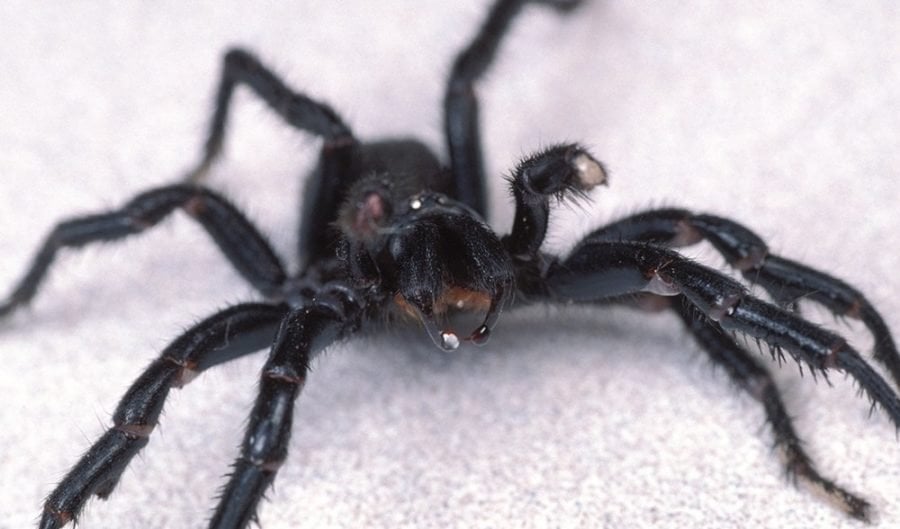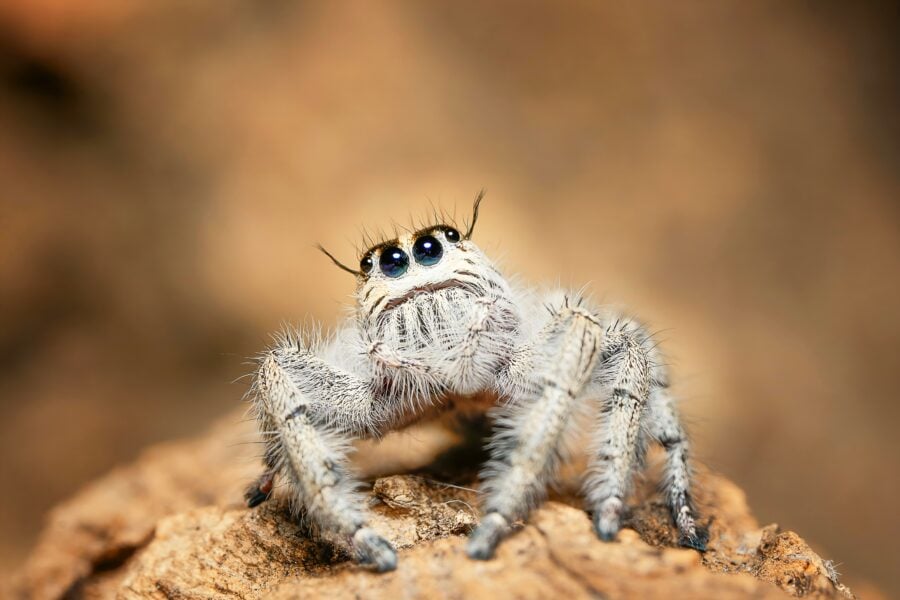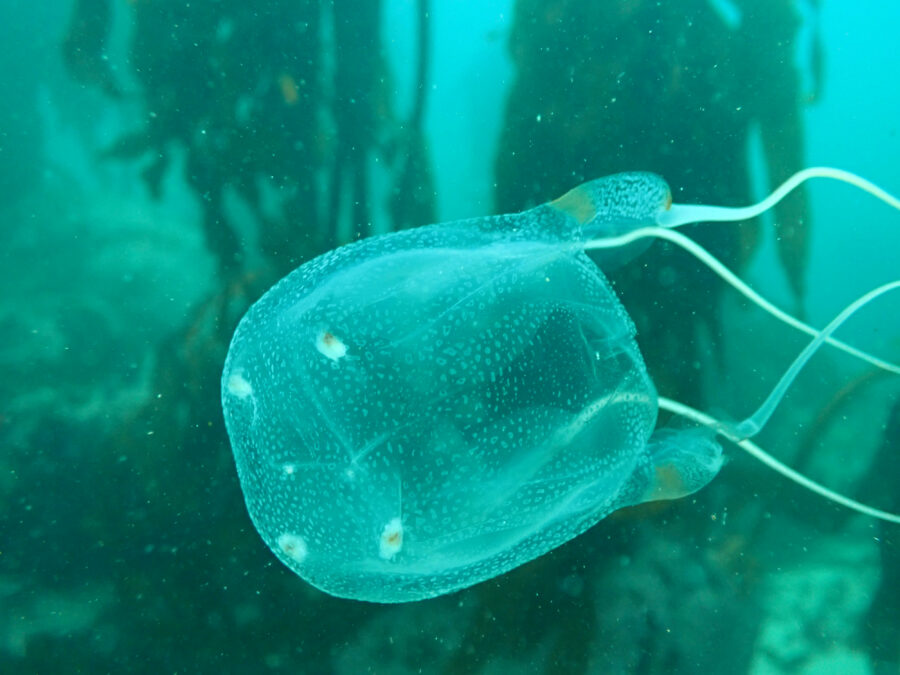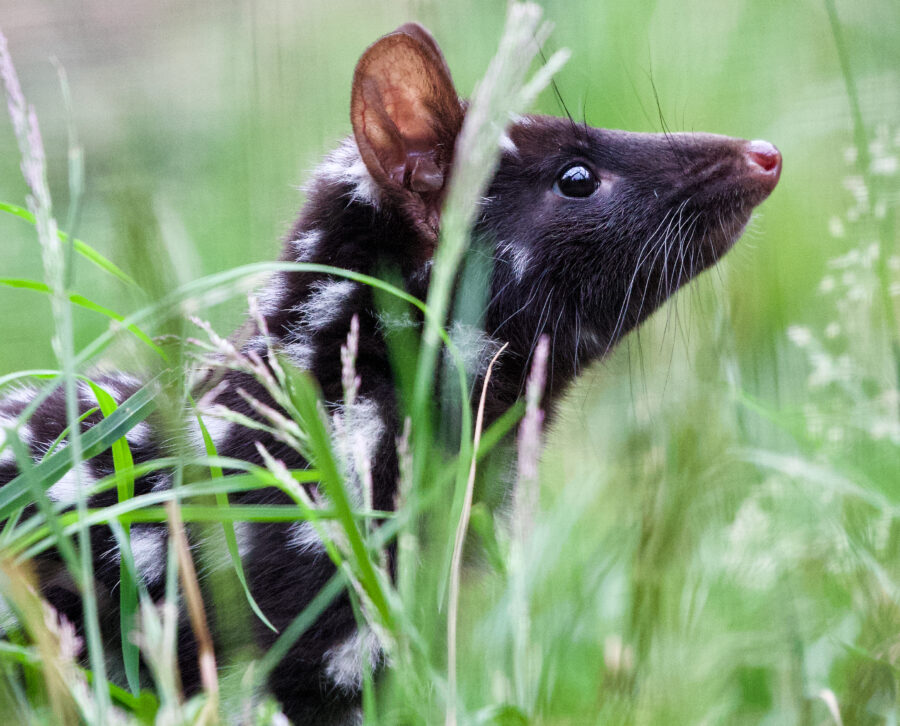Funnel-web spiders are Australia’s deadliest? Not for our pets

Bec Crew
Bec Crew
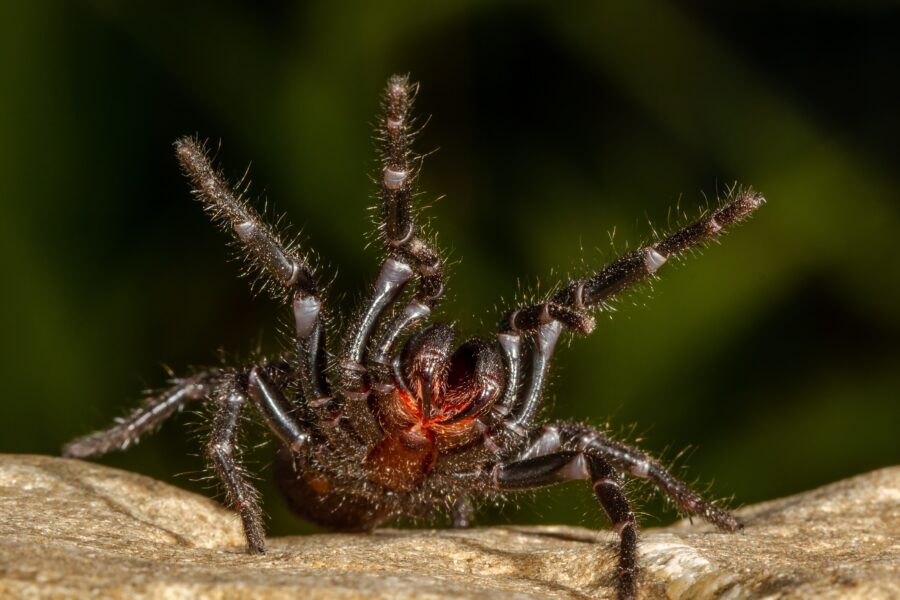
It feels like one of the first things anyone learns about Australia is that we have two of the most deadly spiders in the world: redbacks and funnel-webs. And funnel-webs have always been the scarier of the two.
But that’s just the human side of the story. If you’re one of our most popular domestic pets – a cat, dog or rabbit, for example – a funnel-web spider might barely even register a fear response. Why? Because certain mammals appear to have a natural resistance to funnel-web venom, to the point where it barely affects them.
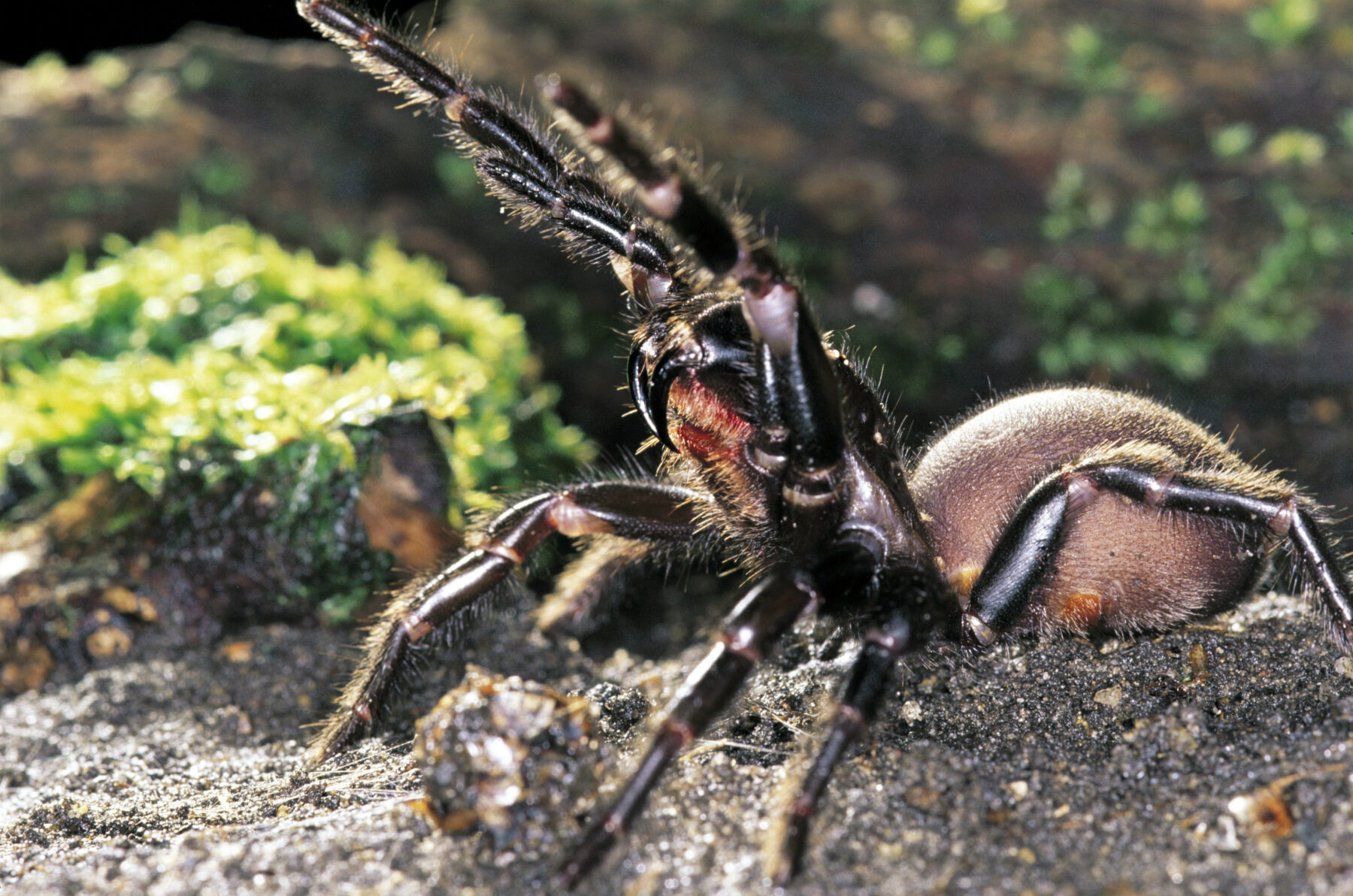
The primary toxin delivered by a funnel-web bite is Delta atracotoxin. It’s much more potent in the male funnel-webs, which scientists think is because the males are the ones who have to leave the safety of their burrows during the breeding season in search of a female. This is treacherous business, so they likely evolved a stronger version of the venom that not only incapacitates the insects they eat but also acts as a defence against predators.
Experiments have found that different animals respond to this venom very differently. Humans and other primates are particularly reactive to funnel-web venom, whereas dogs, cats and rabbits mostly shrug off the effects. They sometimes get mild or short-lived symptoms from a bite, but they can usually survive even a large dose.
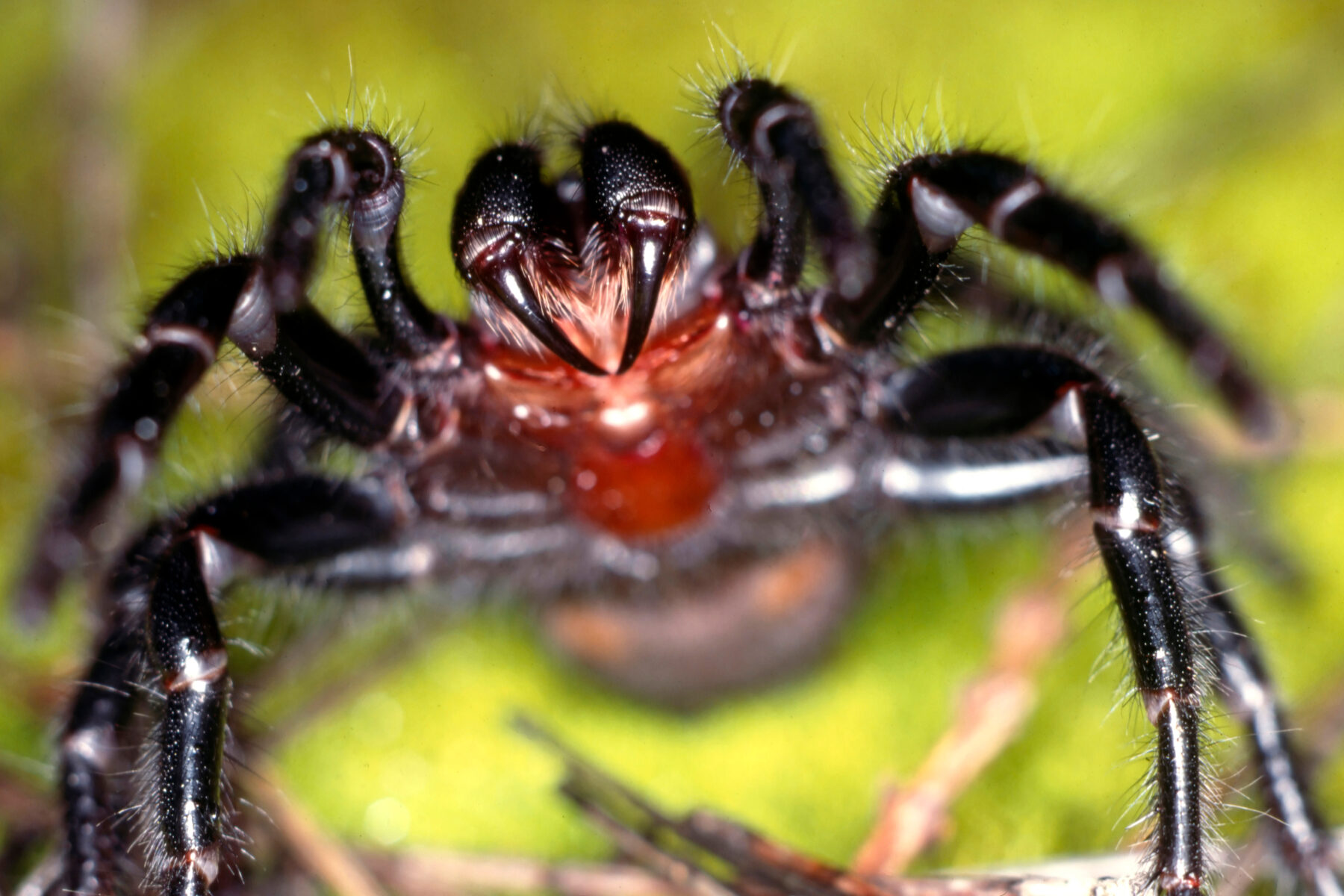

Scientists think this difference is due to the way the venom targets our nerve cells – specifically, the gated sodium channels located in certain regions of a neuron’s membrane. Funnel-web venom prevents these channels from closing, which overloads the nervous system and causes the flood of symptoms we see in humans – sweating, twitching, spiking heart rate, severe pain and sometimes death.
In most animals, these gates are shaped just differently enough that the venom can’t stick to them very well. But humans and other primates, by bad evolutionary luck, happen to have sodium channels that funnel-web venom can grip onto very tightly. The spider didn’t evolve this weapon with us in mind, but our nerves happen to be a perfect target. In other words, it’s not personal.
The good news is the antivenom is so effective, there hasn’t been a single recorded death in Australia from a funnel-web bite since its release in 1980. Likewise, there also hasn’t been a recorded death from a redback bite since its antivenom was introduced in 1956.
And we have the natural resistance of rabbits to funnel-web venom to thank for that. To make funnel-web antivenom, the venom from 150 funnel-web milkings is freeze-dried and sent to a lab, where it’s diluted and injected into rabbits to trigger an immune response, Imma Perfetto reported for Cosmos magazine in 2022.
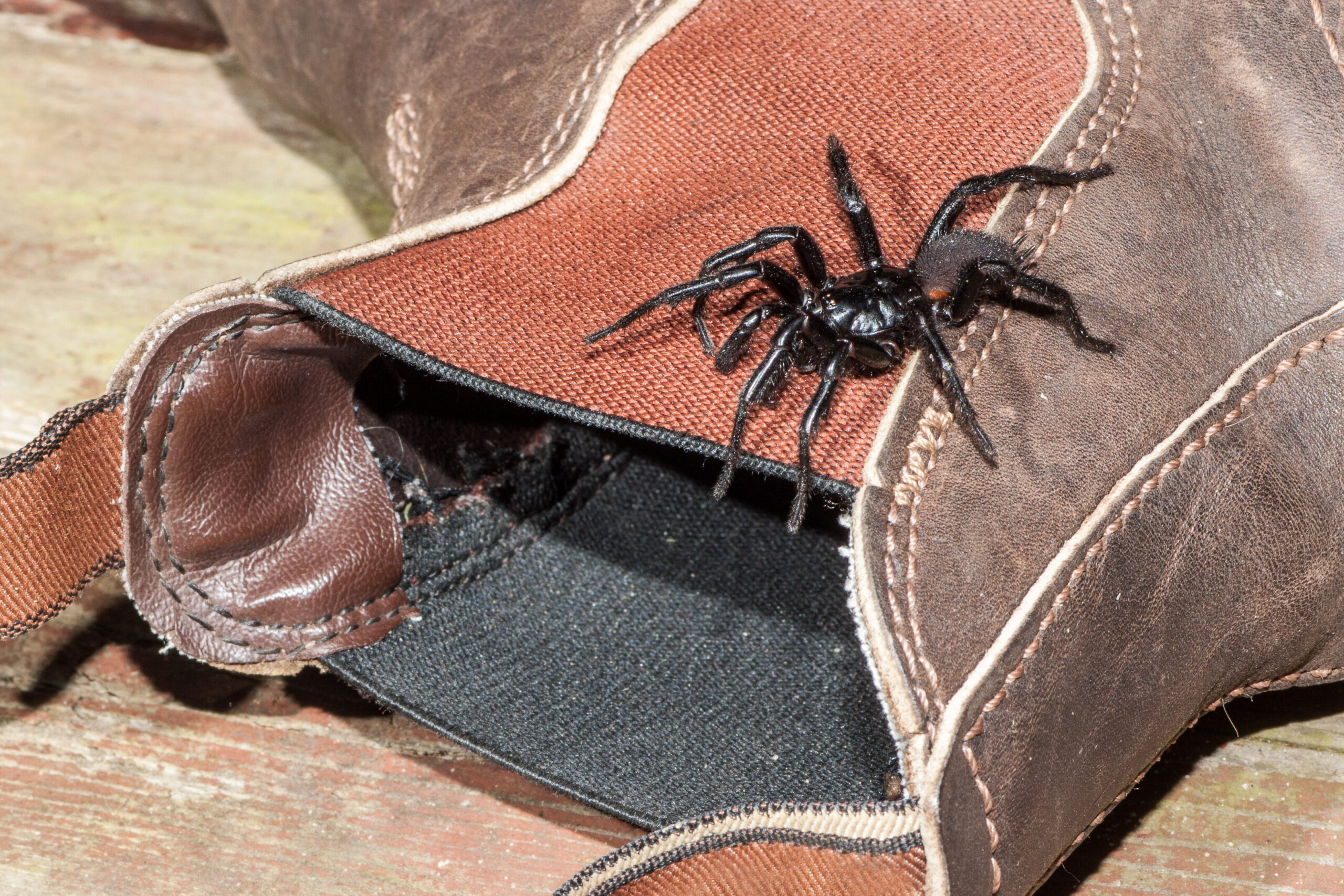
By increasing the dosage in small increments over the course of six months, the rabbit builds a very strong tolerance to the venom. Its blood is then drawn and spun in a centrifuge to separate out the antibodies to make the antivenom. “When administered after a bite, these antibodies bind to the different components of the venom in our circulation – including the deadly neurotoxin Delta atracotoxin – neutralising their activity,” Perfetto reports.
So, while we’re right to be cautious around funnel-webs, and to be on our guard during wet, humid weather, which drives them from their burrows and out into the open, we can take comfort in the fact that they haven’t actually killed anyone in Australia for more than four decades.

